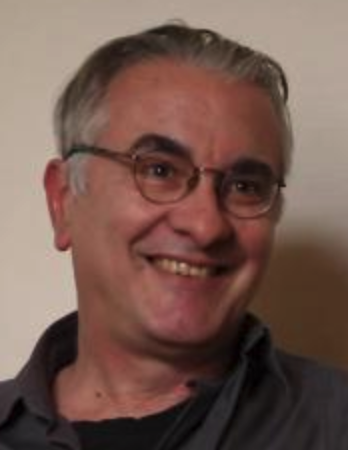
- This event has passed.
Paul-Antoine Miquel, Individuation and adaptability in biological systems: A philosophical modelling
21 March | 15 h 00 min - 16 h 30 min

Paul-Antoine Miquel is Professor of Philosophy at the Erraphis lab, Université de Toulouse 2 / Le mirail
In his doctoral thesis, “L’individu et sa genèse physico-biologique”, Simondon proposes three philosophical claims that are crucial, in my view. The first is that, in complex physical or biological systems, individuation is not simply the property of an individual, on the contrary, individuality is always the result of an individuation process. The second is that a biological individuated system has a specificity: it acts on its own theatre. The third one is that there must be some non-trivial recursive procedure, through which a physical individuated system can switch into a biological one.
In this talk, I’m going to propose a philosophical modelling to develop this philosophical scheme more explicitly. It will enable me to characterize biological individuation as a second-order organisation, and to connect it directly with the two concepts of heteronomy and adaptability. I will show that, unlike physical individuation, biological individuation specifies itself. But it doesn’t do it in a logic of maintenance, as proposed by Francisco Varela, who used a symbolism similar to mine. It does it in a logic of heteronomy and adaptability, the logic of life. Varela’s model therefore appears to be a special case within a more general framework, which is the only way to understand how new constraints/standards/functions can emerge in a biological system, whether on an evolutionary, ontogenetic or behavioural level.
Finally, to say that biological individuation is self-specifying is to say that it can be interpreted, and that we cannot understand how a biological system works if we remain fixated on a strictly causal mode of explanation, and on the search for mechanisms, as if it were a watch, a radiator or a computer. We fail to see that, through and by specific biological repair, immune and perceptive devices, it works in a world of signs, in such a way that biological organisation and cognition are always already coupled at the outset. It is only evolution that will gradually uncouple what has been coupled.
References
Miquel P.A. (Corresponding author), Hwang SY (2016) From physical to biological individuation, Progress in Biophysics and Molecular Biology Volume 122, Issue 1, October 2016, Pages 51-57
Perovic S. , Korenic A., Cirkovic M., Miquel P.A. (2020) Symmetry breaking and functional incompleteness in biological systems, Progress in Biophysics and Molecular Biology, Volume 150, January 2020, Pages 1-12.
Miquel P.A. (Corresponding author), Hwang S.Y. (2022) On Biological individuation, Theory in Biosciences, vol. 141, no. 2, pp. 203-211.
Miquel P.A. (2023) Is life naturalizable? Intellectica, 77, pp. 49-69.
